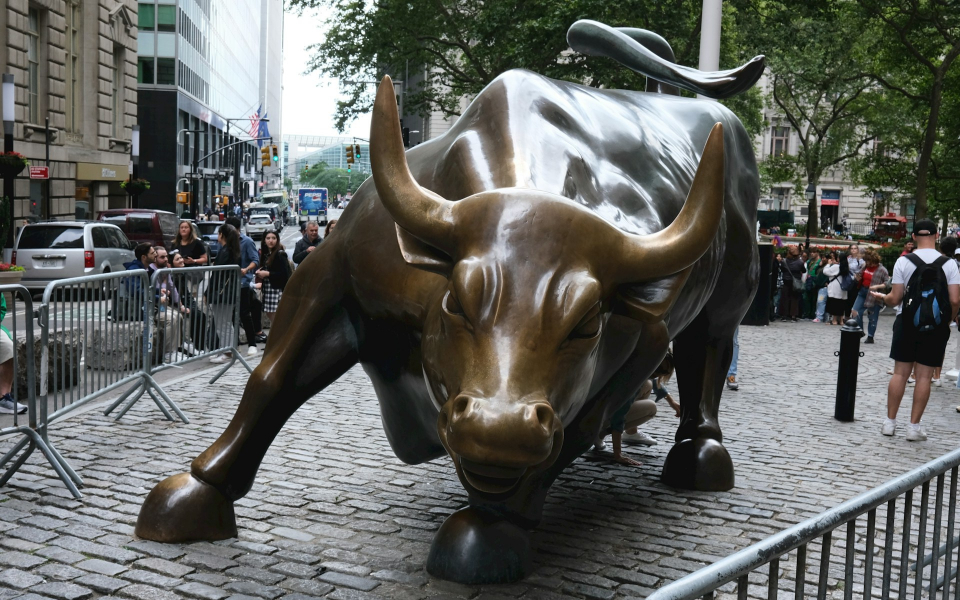The U.K. stock market is leaking. Drugmaker Indivior Plc
For some companies, it makes good sense commercially. Building materials supplier Ferguson Plc
For Ireland's CRH plc
"North America represents approximately 75% of Group EBITDA and the U.S. is expected to be a key driver of future growth for CRH due to continued economic expansion," said CEO Albert Manifold.
Arm Leads The Tech Launches
The big blow for the LSE came last year when Softbank-owned chip designer Arm Holdings
Karen Snow, global head of listings at Nasdaq was instrumental in luring Arm to the U.S. for its re-listing - after being taken private by Softbank in 2016. Prior to 2016, Arm had been listed on the LSE's FTSE 100 index.
Snow said in an interview with the BBC: "We're having a lot of conversations with companies about listing in the US. We get a lot of inbound calls from the UK and we also make sure we're in front of the right CEOs."
Other companies who have sought primary U.S. listings also include gambling and gaming group Flutter Entertainment Plc
And it's not just London-New York traffic. The U.S. equity markets have been very China-friendly in the past, allowing listings from the likes of Alibaba Group Holdings Ltd
Why Are U.S. Listings Preferred?
Ask around any city desk and the reason becomes abundantly clear: there's simply more cash in the U.S. Investors' pockets are deeper and there's more of them. And there's more turnover in the U.S. markets, more liquidity as greater volumes of shares are traded.
Just look at how much cash investors are willing to throw at companies. Just a year ago, Nvidia Corporation's
London's market can't hope to compete with that. And its initial public offering (IPO) market is also struggling to compete.
In a difficult year for IPOs, the LSE managed to raise $972 million for the 22 companies that launched on the exchange in 2023. In the U.S. 128 IPOs raised $22.6 billion. Arm raised $3.8bn on the Nasdaq alone.
"There has been considerable de-equitisation of the U.K. market over a number of years and the pace is accelerating," said Charles Hall in a note from Peel Hunt a few months ago.
He added: "Reform of the listing requirements and research rules should help, but much more needs to be done to ensure that being listed is seen as an attractive option."










